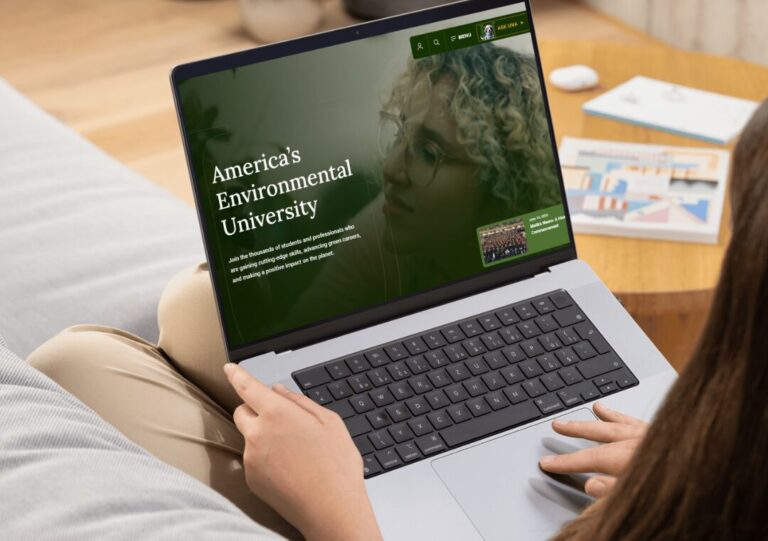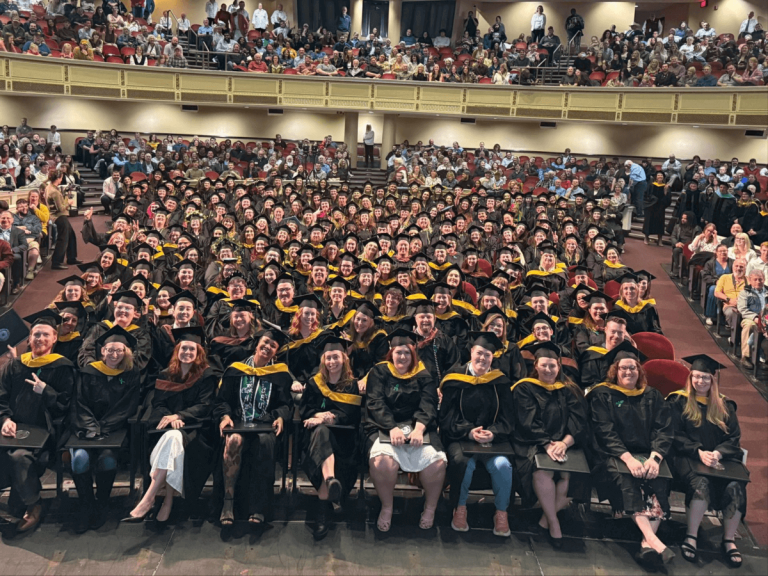
Unity Environmental University announces the appointment of five academic hires within our Distance Education subsidiary who will play a pivotal role in the institution’s ongoing commitment to academic excellence, curriculum innovation, and expansion.
These hires include three new Associate Deans, two at the baccalaureate level and one at the graduate level, to help Unity continue to support our curriculum and growing programs. At Unity, our faculty structure is designed to cater to the specific needs of various learner groups within sustainable educational business units (SEBUs).
Unlike traditional faculty roles at many other universities, Unity’s model separates tasks into distinct positions. We have Advisors who support students in choosing programs and academic plans, Subject Matter Experts who contribute their disciplinary and professional expertise, Learning Experience Designers who create engaging learning experiences, Academic Deans who oversee program management, Instructors who facilitate learning, and Enterprise Assessors who ensure program quality and compliance. This ensures our curriculum is always evolving to provide the best possible experience for our learners.
“We are really seeing the benefits of scale in Unity Distance Education Academics – specifically, this growth in our team has enabled us to continue to support our existing programs while investing in human resources that will help us create new opportunities for future students,” said Dr. Jennifer Cartier Associate Vice President of Distance Education.
Meet the Team
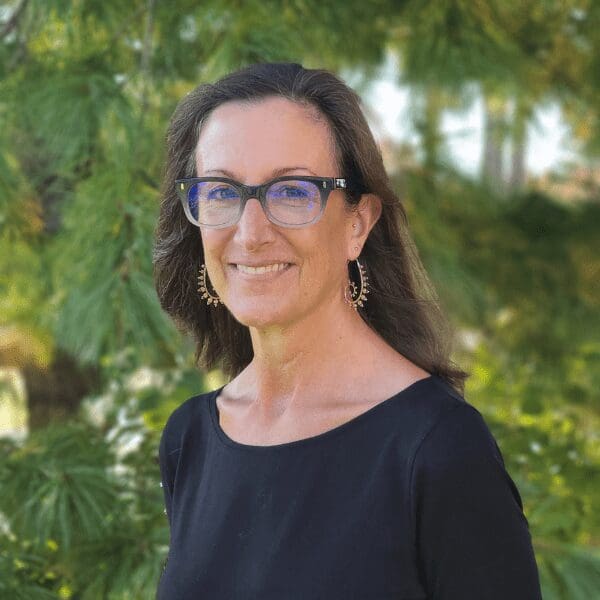
Kimberly Post is the Associate Dean of Environmental Graduate Studies at Unity Distance Education. Post plays a crucial role in expanding the institution’s graduate programs by managing adjunct faculty, and providing valuable mentorship to students, particularly those undertaking their graduate capstone projects. Her efforts are pivotal in enhancing both the academic quality and the growth of the programs she oversees.
Before joining Unity, she supported faculty and students with community-based learning and research projects and was an assistant professor and department chair. Her peer-reviewed work has been published in various academic journals, including Sustainability: The Journal of Record and Sustainability and Climate Change. She also authored the seminal curriculum guide A Settled Mind and several book chapters, including the upcoming (2024) Sustainable Universities and Colleges.
Kimberly earned a BFA from the Atlanta College of Art and an MEd from Lesley University, where she is currently a PhD candidate. Her research interests include sustainability education, trans-systemic knowledge systems, human-nature relational values assessment, and ecopedagogy.
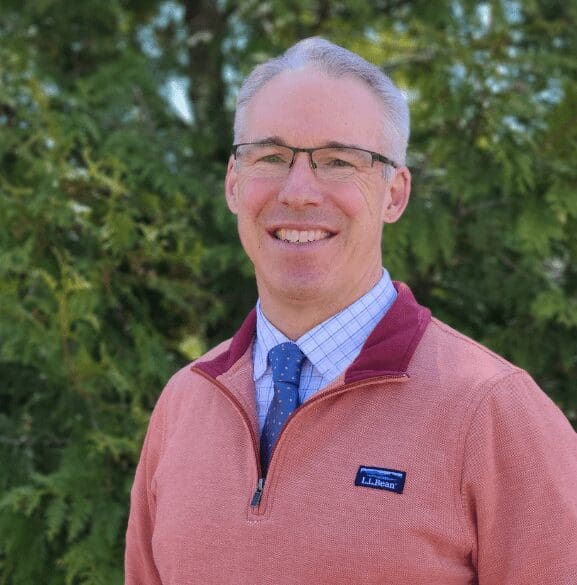
Dr. Jeff Marlett is the Associate Dean of Baccalaureate Studies. He is responsible for the strategic oversight and operational management of courses and adjunct faculty. Collaborating closely with his peers in the associate dean cohort, he is integral in bringing the academic vision set by the Dean to fruition.
Dr. Marlett comes to Unity with over twenty-five years of administrative and faculty experience in online and in-person instruction. Author of Saving the Heartland (2002), a study of Catholic responses to the Dust Bowl and other agricultural crises, he is completing a biography of Leo Durocher, the baseball manager who coined the phrase “nice guys finish last.”
Dr. Marlett earned his Bachelor’s degree from Wabash College, a Master’s from Vanderbilt University, and his PhD from Saint Louis University.
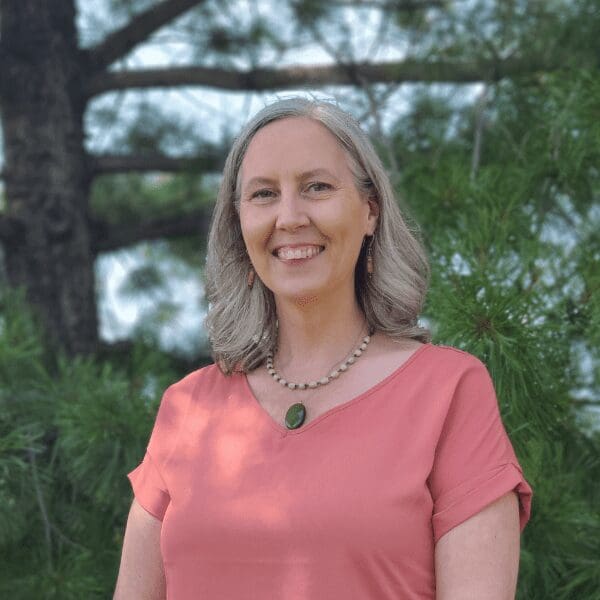
Dr. Michaeleen Gerken Golay serves as the Dean Graduate Studies, playing an important role in the administration and development of Unity Distance Education’s baccalaureate programs. Dr. Gerken Golay orchestrates faculty scheduling, management, and support across a diverse range of environmental disciplines. Her portfolio includes overseeing the Environmental Professional Core, along with courses within specialized programs in Agroforestry, Horticulture, Hemp Industry and Science, Environmental Science, and Environmental Studies. Dr. Gerken also reviews existing programs thoroughly to ensure their relevance and excellence in today’s rapidly evolving environmental sector.
She joined Unity after teaching in higher education for more than a decade. She earned baccalaureate degrees in English and Environmental Science at the University of Iowa and received her master’s and doctoral degrees in Forest Biology at Iowa State University. Her research in forest biology spans several levels of ecology including molecular, organismal, community, and ecosystem scales with a focus on forest understory plants. Dr. Golay has worked with students and peers as well as private and public land managers on studies that ranged across field, lab, greenhouse, and digital data sets to understand and restore plant function in nutrient cycling and other ecosystem services in response to human disturbance from agriculture, urbanization, and climate change.
Dr. Golay has also served in several leadership roles within and outside of academic settings. She has served in local government, as a member of community organizations, and with non-profit organizations to help further goals of natural resource conservation.
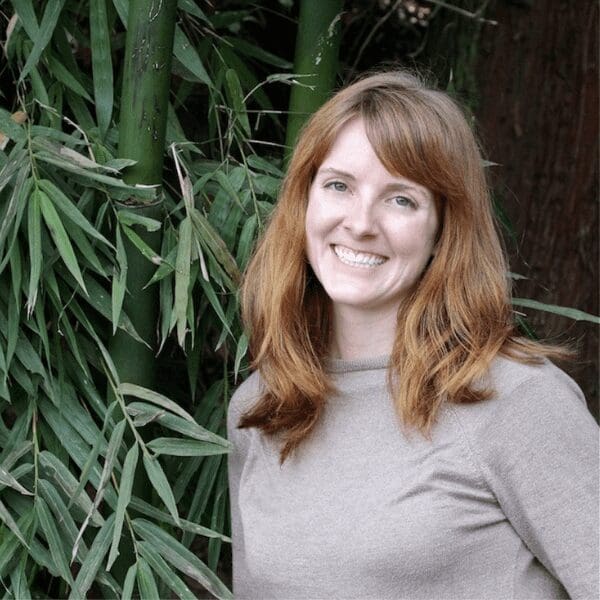
Dr. Meghan Martin is the Associate Dean of Natural Resource Conservation and Management and is responsible for overseeing and managing courses and instruction related to Natural Resources Conservation and Management in Unity Distance Education. She provides leadership, guidance, and strategic direction to faculty and staff in these programs.
She has been working in the field of behavioral ecology and wildlife conservation for 15 years. Her background includes working as a primate keeper at Oregon Health and Science University’s Oregon Primate Center, and as a postdoctoral researcher with the San Diego Wildlife Alliance (San Diego Zoo), studying conservation breeding in giant pandas. Dr. Martin has also studied mate choice in conservation breeding programs with the American Zoo Association, and served as faculty for Animal Behavior at Washington State University.
Her time in China led to her doctoral degree and the founding of PDXWildlife, a non-profit that works with conservation breeding programs worldwide to optimize breeding success in managed care settings. Her area of expertise focuses on the ecology and behavior of giant pandas, African-painted dogs, and American river otters. Her research has explored how species adapt to managed care environments and how species’ natural ecology (e.g. social and mating systems) can inform strategies to improve reproductive success in those settings. Dr. Martin’s research has been featured in Nature, Reuters, The Washington Post, Discover Magazine, ILFScience, and National Geographic. She received her Ph.D. and M.S. in Biology from Portland State University and a B.A. in Biology from Reed College.
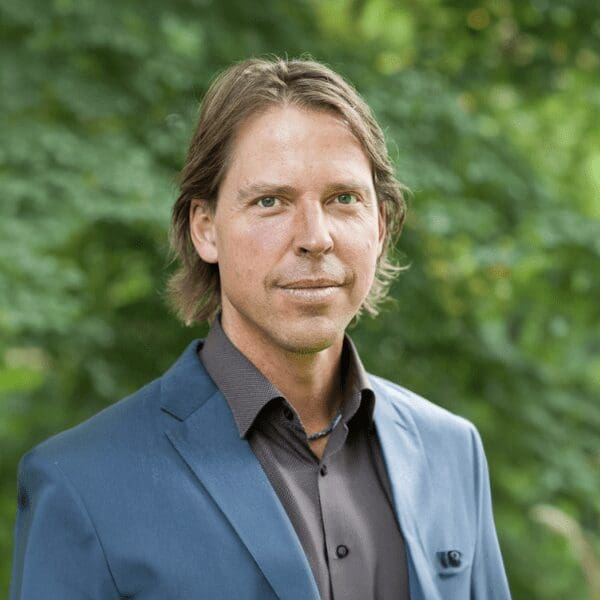
Dr. Sebastian Kretschmer serves as the Director of Sustainable Food Systems & Food Science Programs. In this role, he is engaged in the creation of a comprehensive suite of Baccalaureate degree programs, designed to align with the evolving landscape of food systems. Additionally, Dr. Kretschmer brings his expertise as a Subject Matter Expert to the forefront by designing and teaching various courses, enriching the academic experience with his extensive knowledge and experiential approach.
Dr. Kretschmer has dedicated his career toward driving change through sustainable food system program development within academia, for NGOs, and for international corporations. As a founding member of the UN Sustainable Food Systems Program in 2014, Dr. Kretschmer engaged with a global network of universities as well as other partners within civic society serving as strategic liaison and fundraiser in various projects dedicated to sustainable nutrition, food science, and regenerative farming systems.
Prior to joining the faculty at Unity, Dr. Kretschmer worked as a scientific coordinator at Kassel University in Germany where he directed international projects with a focus on how food systems can deliver on the United Nations Sustainable Development Goals. Dr. Kretschmer has been awarded more than $3M in grants to support research on drivers of change in food systems and his work has been published in peer-reviewed journals such as Frontiers and Sustainability.
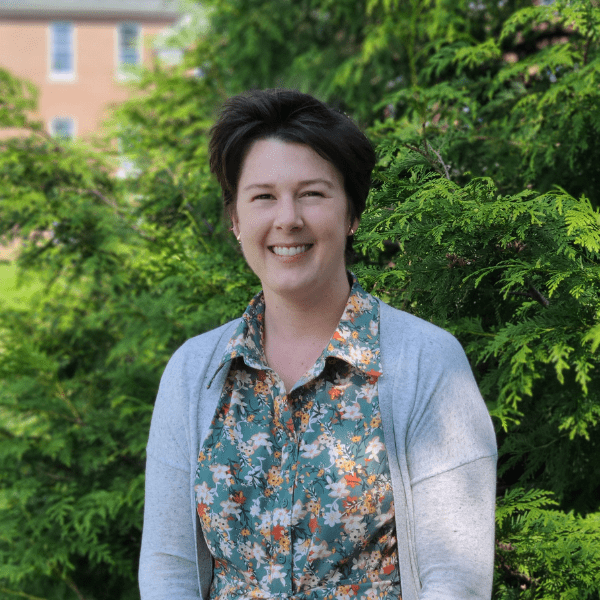
Dr. Lydia Horne is the Associate Director of Sustainable Ecotourism and Recreation Programs. With a focused vision, she is dedicated to the development of a comprehensive suite of Baccalaureate degree programs in regenerative tourism and hotel management. Leveraging her expertise as a Subject Matter Expert (SME) and an instructor, Dr. Horne aims to impart both theoretical knowledge and practical skills, shaping a new generation of professionals in the field.
Originally from Maine, Lydia spent much of her childhood exploring the woods near her family home and hiking trails across the state. With this early exposure to the outdoors, she decided to major in conservation biology at St. Lawrence University. After several seasons of fieldwork that involved gathering snowshoe hare pellets, observing wasp foraging behavior, getting stung by fire ants, and tromping through wetlands to collect insects, she returned to graduate school.
Lydia has her M.S. in forest resources and Ph.D. in ecology and environmental sciences from the University of Maine. Her primary research question asked how tourism is being impacted by climate change along the coast of Maine. She was a postdoctoral researcher in STEM education at the University of Northern Colorado where she studied how students learn complex content and skills (e.g., Food-Energy-Water Nexus, systems thinking) and helped develop a concept inventory to assess learning. Lydia joins Unity with experience teaching courses on tourism and outdoor recreation, environmental studies, and human dimensions of climate change. She values an active, inclusive approach to teaching where learners of all identities can succeed.
“Each of these individuals brings a unique set of skills and perspectives that will not only enhance our existing programs but also pave the way for new, cutting-edge educational offerings. Their expertise in various fields of environmental studies, humanities, and natural resource conservation is a testament to our commitment of providing diverse and comprehensive learning experiences,” said Unity Environmental University President Dr. Melik Peter Khoury. “Their roles in shaping the future of Unity are crucial, and we look forward to seeing the positive impact they will have on our students, and the broader environmental education community.”
Do you or somebody you know want to join our mission? Come take your career to the next level at Unity Environmental University. Learn more by visiting https://unity.edu/about/leadership/work-at-unity-environmental-university/.
